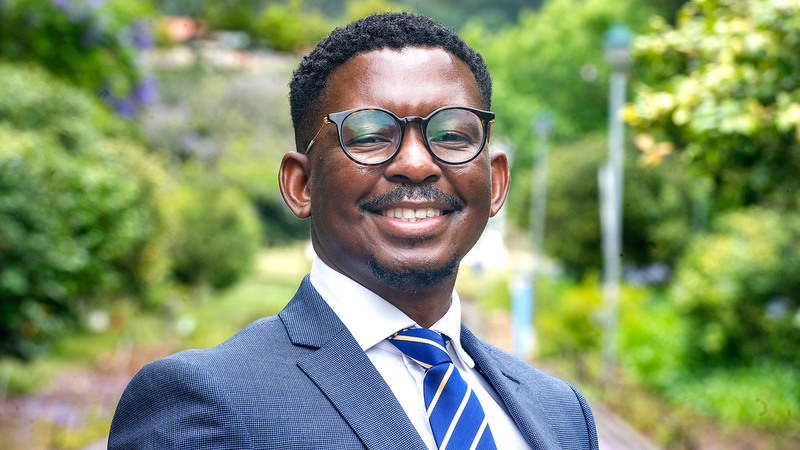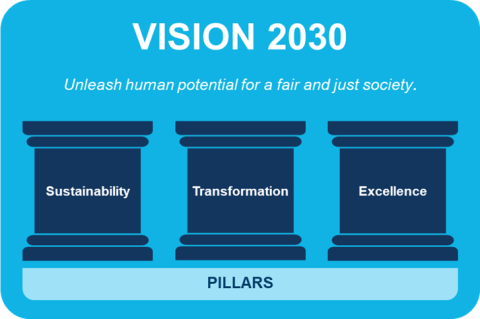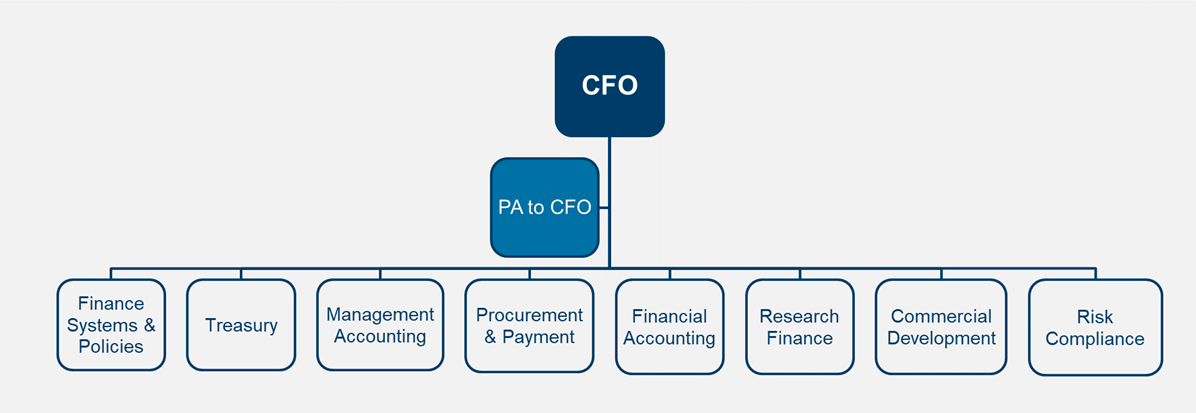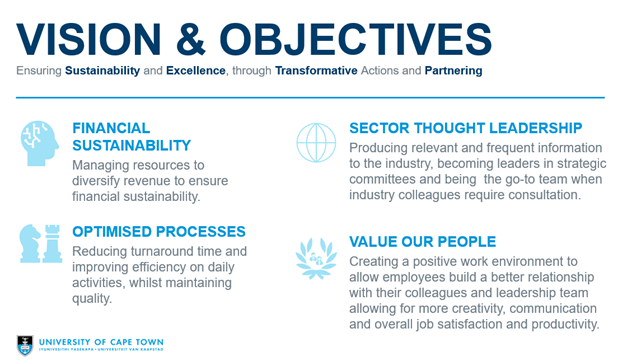The CFO’s role in ensuring sustainability and excellence at UCT
28 May 2024 | Photo Lerato Maduna. Read time 5 min.
The South African Institute of Chartered Accountants (SAICA) recently hosted IFAC’s Professional Accountants in Business (PAIB) Advisory Group meeting in Cape Town. To kick off the discussions, SAICA’s Board Chairman, Vincent Motholo, presented to the group, sharing insights into his own professional journey, including his current role as chief financial officer (CFO) at the University of Cape Town (UCT). He also highlighted priorities for the accountancy profession in South Africa and emphasised what it means to be a difference maker in the profession.*
About the University of Cape Town (UCT)
- Top university in South Africa, and in Africa
- Established in 1829, it is the oldest university in South Africa
- Approximately 30 000 students and 4 000 employees
- Revenue exceeding ZAR 7 billion and total assets exceeding ZAR 15 billion, including investments exceeding ZAR 8 billion.
- Applicable law – Higher Education Act
- Reporting framework – IFRS
The Strategic Contribution of Finance
UCT’s ambition, building on its status as the top university in Africa, is to create a global university that is uncompromising in its transformative intent, deeply rooted in academic excellence and that strives for social, environmental and financial sustainability. This is articulated in its Vision 2030, underpinned by three pillars: sustainability, transformation, and excellence.

Vincent emphasised how instrumental the finance function is in contributing to UCT’s strategy, given its connection to all areas of the organisation. Reporting directly to the vice-chancellor of the university, in his role as CFO, Vincent oversees a department of approximately 150 staff, with 8 direct reports covering finance systems and policies, treasury, management accounting, procurement and payment, financial accounting, research finance, commercial development, and risk compliance.

The finance team’s objectives directly align with UCT’s strategy with four key areas of focus.

Divestment from Fossil Fuels
In March 2022, the University of Cape Town (UCT) Council announced that it had agreed in principle to the divestment from fossil fuels. The UCT Council stated that the in-principle decision will be executed in a responsible and transitionary approach:
- Through the immediate divestment from internationally exposed fossil fuel investments and immediate investment in renewable energy and/or a green economy instead of new investments in fossil fuels, and
- In the local economy, UCT will work towards achieving a goal of being net positive by 2030.
Future Outlook
- Achieving financial sustainability
- With the sector facing reduced government funding, identifying alternative revenue streams is crucial to maintaining financial sustainability.
- One of the eight teams under the CFO’s leadership is commercial development. This team is responsible for identifying and overseeing commercial opportunities for UCT. To date these include hotels, a conferencing center, rental income from movie shoots, an online high school, and a drive to attract more foreign students.
- Transforming workflows with automation
- Optimising the use of automation is a priority to improve efficiency of routine finance tasks and allow the finance function to focus on more meaningful value-adding activities.
- For examples of AI use cases in finance, see Harnessing Innovation: Exploring the Responsible Use of AI in Finance and Accounting | IFAC.
- Results-orientated productivity focused on delivering outcomes quickly
- Emphasising efficiency and work-life balance, shifting from a focus on traditional 9-to-5 office hours to evaluating outputs and outcomes.
- Transition from chief financial officer to chief value officer
- Partnering with the organisation as a strategic partner, considering the broader risk landscape, and engaging with the faculties to understand priorities and being an enabler not a blocker.
- Producing more meaningful reporting, shifting the annual report to an integrated report.
- Changing team compositions and focusing on people
- Composition of staff to include staff from other disciplines, including behavioral scientists, data scientists, sustainability experts, industrial psychologists.
- prioritising mental wellness.
- Emphasis on the importance of diversity in leadership and the need for effective capacity in leaders.
“Operational sustainability is not possible without financial sustainability.”
Priorities as Chairman of SAICA
- Ensuring SAICA and the CA (SA) are the world’s foremost trusted accountancy institute and designation.
- Leading a smooth CEO succession, having appointed a new CEO in December 2023 (SAICA appoints Patricia Stock CA (SA) as first female CEO | SAICA).*
- Leading the development of a five-year strategy with a compelling vision and mission. SAICA’s 2024–2028 strategy is its commitment to fostering a resilient and sustainable accountancy profession that not only thrives but also facilitates integrity and value creation within capital markets and across public and private sectors.
- Established the Chairman Difference Maker’s awards to recognise senior members who make a valuable contribution in shaping communities, economies and society while applying the highest standards of ethics, integrity and accountability.
- Proactively built a high-performing board through timely appointment of skilled directors.










